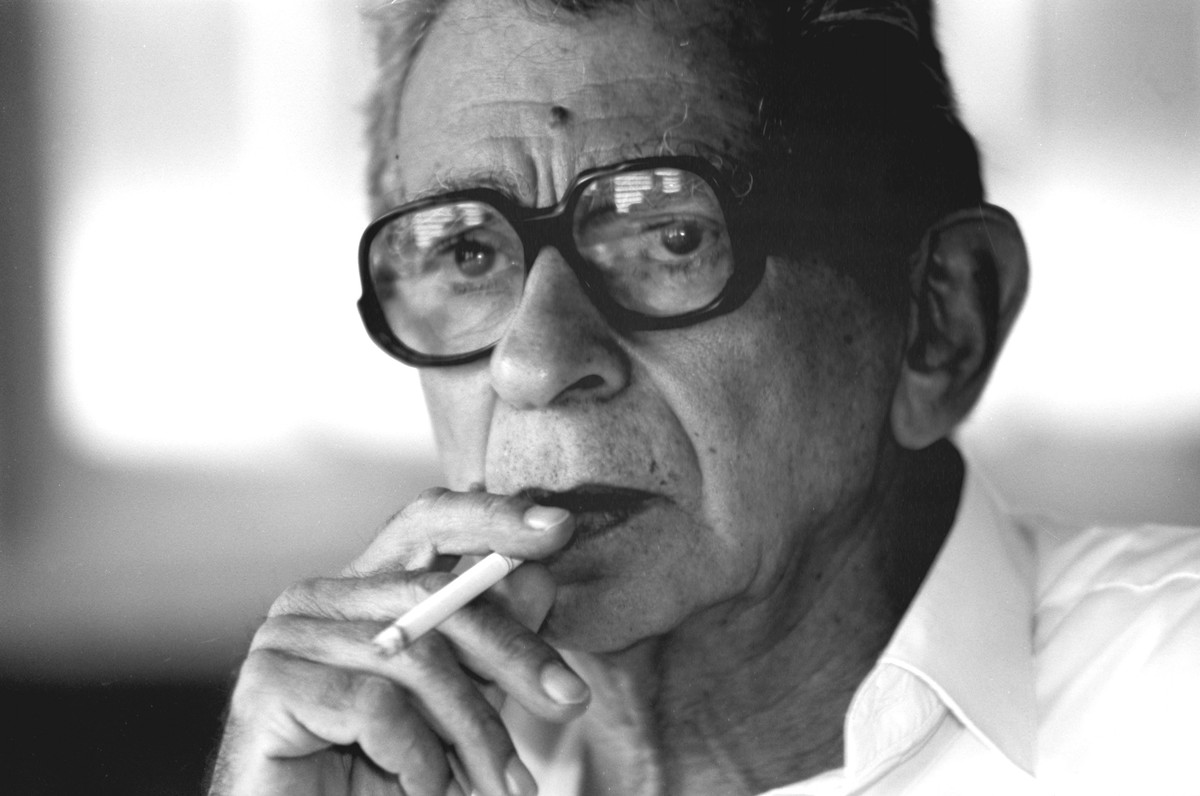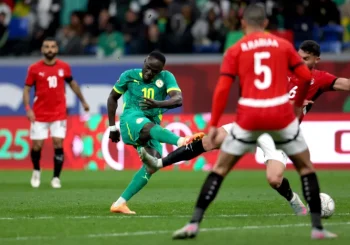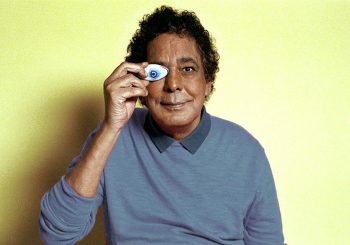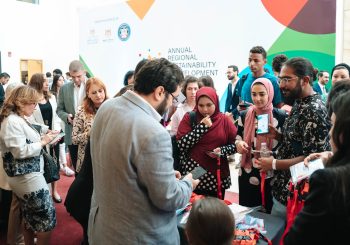As activism and humanitarian causes gain traction in the global film community, the 8th El Gouna Film Festival (GFF), taking place between 16-24 October 2025, in El Gouna, sets “Cinema for Humanity” as its core theme, while celebrating Egyptian director Youssef Chahine’s legacy of addressing social and humanitarian issues.
“We chose this slogan because, today, there is no humanity,” Naguib Sawiris, founder of the festival, stated at the press conference, which took place on Tuesday, 16 October. “With the cooperation of the United Nations and the Sawiris Foundation for Social Development, we reaffirm that cinema can be a bridge for empathy and change.”
This year, the festival enters a long-term partnership with the United Nations, choosing to highlight the issue of food security as its central theme. The decision aligns with World Food Day, which coincides with the opening of the festival.
As part of the collaboration, the short film competition “3eish” (Bread) returns for a second year in partnership with the World Food Programme (WFP), encouraging young filmmakers to address social challenges through cinema.
At the press conference, Elena Panova, UN Resident Coordinator in Egypt, emphasized the importance of the collaboration, stating, “As the United Nations marks its 80th anniversary, we are committed to strengthening our partnership with the festival, turning it into a lasting alliance that highlights a critical issue annually.”
The conference revealed that Cate Blanchett, the two-time Oscar winner and UNHCR Goodwill Ambassador, will join the festival to lead a dialogue session, moderated by UNHCR Goodwill Ambassador Raya AbiRached, organized under the CineGouna Forum in partnership with the Sawiris Foundation for Social Development and the UN Refugee Agency.
Around 70 films will be screened, spanning feature narratives, documentaries, and shorts.
The CineGouna Platform, the festival’s industry arm, will expand with more than 35 events, including workshops, masterclasses, and panel discussions.
Amr Mansi, co-founder and executive director of GFF, highlighted, “Over the years, CineGouna-backed projects have earned spots at prestigious events like Cannes, showing that stories from our region connect with global audiences.”
This year marks the largest edition yet for the festival’s industry initiatives, with more than 290 projects submitted to the CineGouna Film Production Support section, the highest number since its launch. Twenty projects were also selected for development and post-production programs, running from 15 to 23 October.
The CineGouna Market will also see its broadest participation to date, with exhibitors from Saudi Arabia, the UAE, Iraq, India, and China, including production companies, agencies, and global film institutions.
Two new features were also announced, including the Cinematic Imaging Pavilion, where major international equipment companies will showcase the latest in cameras, lenses, and technology through booths and live demos, as well as the Focus Country program, highlighting the cinema of one nation through screenings, panels, and curated activities.
Chahine Centennial
The festival will also celebrate the 100th anniversary of legendary Egyptian director Youssef Chahine’s birth. Chahine is recognized for pioneering cinema in the Arab world and for inspiring a generation of filmmakers in Tunisia, Morocco, Algeria, and Egypt.
A major exhibition curated by art director and producer Shereen Farghal, supported by the Sawiris Foundation for Social Development, will mark the occasion. Designed as a sensory journey, the installation evokes the feeling of boarding a train that passes through different stations representing phases of Chahine’s career.
Chahine’s focus on humanitarian issues began early in his career. In Bab el-Hadid (Cairo Station, 1958), he played a disabled news vendor in a story that highlights the struggles of society’s outcasts and exposes the harsh realities of urban poverty.
Earlier, in Siraa Fil-Wadi (The Blazing Sun, 1954), his first film with Egyptian actor Omar Sharif, Chahine told the story of a peasant engineer fighting a powerful landlord who destroys crops to keep control. The film reflected real social tensions in rural Egypt, calling for land reform and unity among the poor, while hinting at larger Arab struggles against imperialism.








Comments (0)